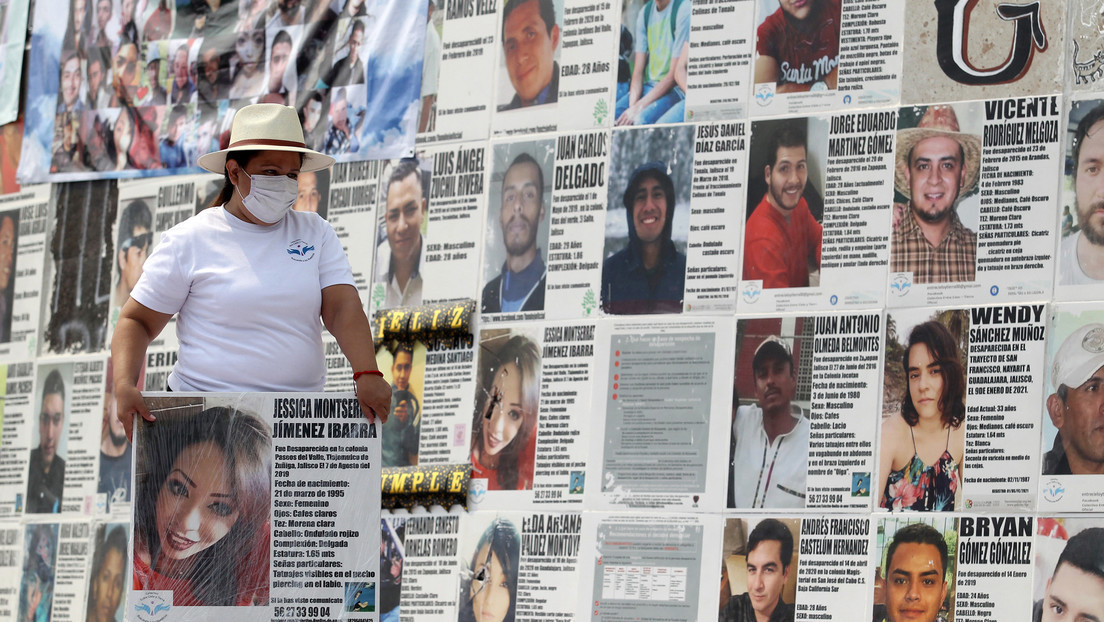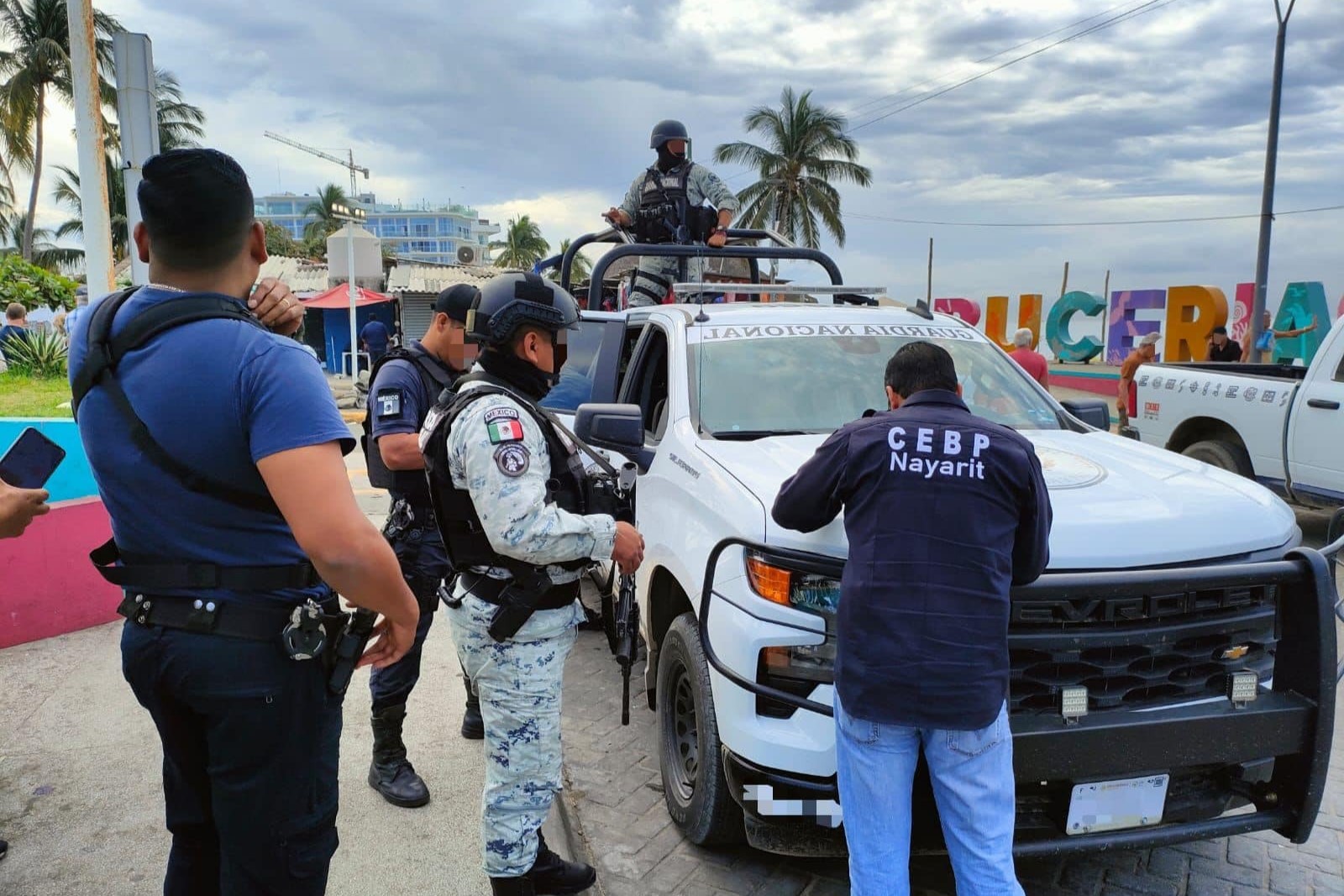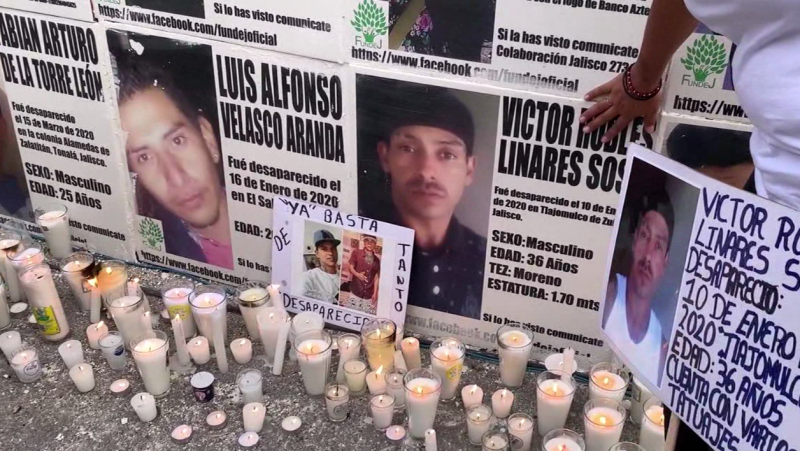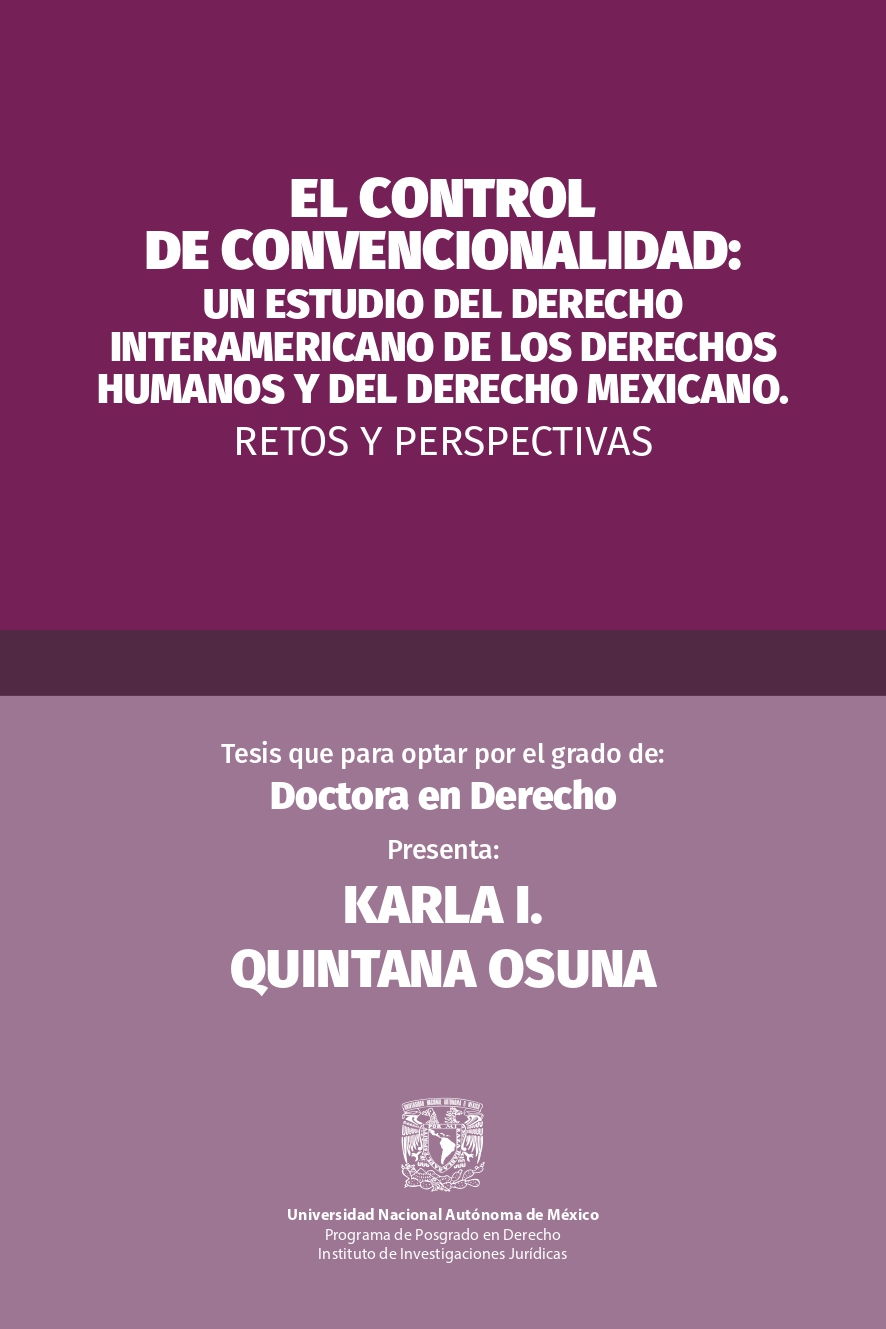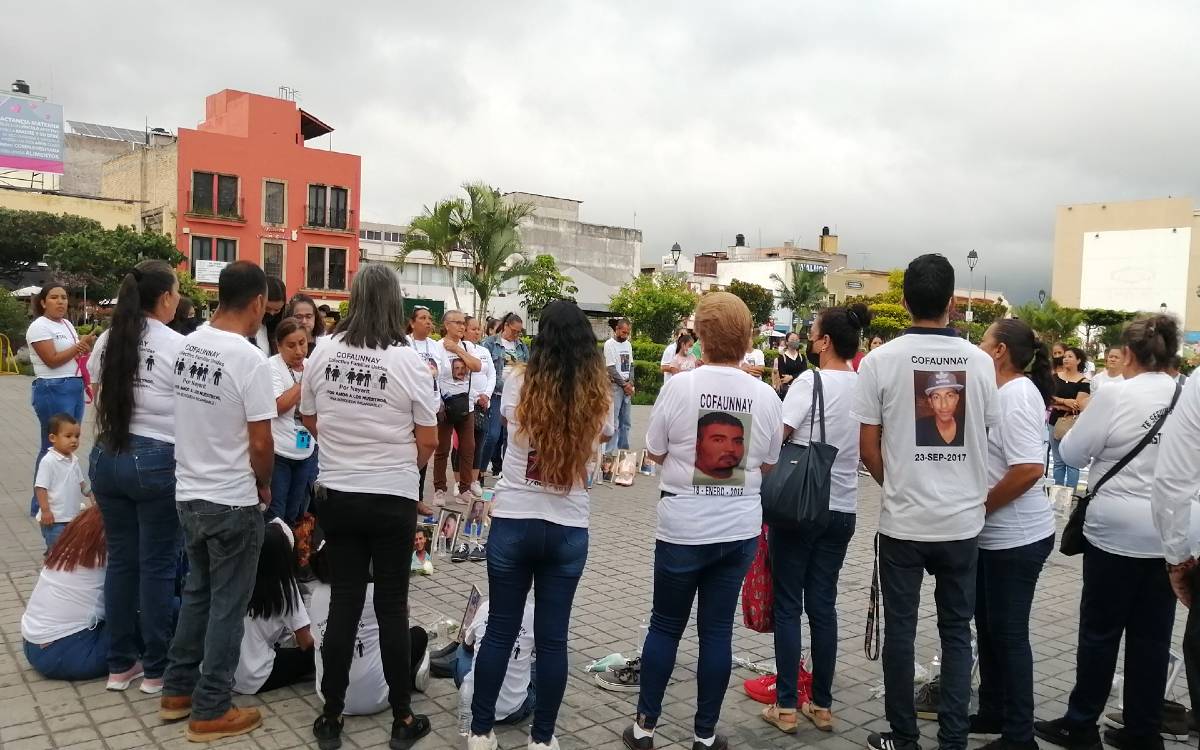Article published on August 31, 2021 by Animal Político, see original article.
Speaking of forensic crisis in Mexico evokes images of trailers with decomposing bodies or piled up in forensic institutions, charred skeletal remains, clandestine mass graves, cremation of unidentified bodies, lack of genetic databases, misdelivery of bodies, and bodies delivered in garbage bags or coffins filled with sandbags. Talking about forensic crisis in our country is talking about a second disappearance.
This and more is known by the families of disappeared persons who have been forced to search in forensic institutions as well. For this reason, for years they have demanded not only the strengthening of forensic services—primarily led by prosecutors—but also the creation of an extraordinary mechanism to combat this crisis.
In order to have a preliminary diagnosis, in April 2019, the FGR conducted an assessment of the capabilities of forensic medical services. The Undersecretariat for Human Rights, Population, and Migration of SEGOB and the National Search Commission collaborated in gathering this information. Since then, both the Undersecretariat and the CNB have promoted the strengthening of forensic capabilities through the Regional Human Identification Center dedicated exclusively to disappearances, body storage centers, as well as the creation of new national frameworks with a more massive approach. On the other hand, there has been collective work on creating a response outside the ordinary system: the Extraordinary Forensic Identification Mechanism (MEIF).
In May and June 2019, before the Inter-American Commission on Human Rights, the Government of Mexico acknowledged the forensic crisis, providing some of the data from the preliminary forensic assessment and committed to creating the MEIF, which was built from the ground up through a collective process involving families, civil society, authorities, international organizations, and international cooperation. But what is the MEIF? How is it structured? How does it fit into the Mexican system?
Its creation was validated by the National Search System through an Agreement dated December 5, 2019, which establishes that the MEIF "will be an extraordinary, multidisciplinary mechanism with technical-scientific autonomy, which will carry out the relevant expert assessments on unidentified bodies or skeletal remains that fall under its jurisdiction" in coordination, primarily, with the prosecuting authorities or entities responsible for identification. The MEIF will be able to work on bodies or remains that were under the custody of the authorities at the time of signing the Agreement.
Subsequently, work was done on the construction of the Coordinating Group—the number of members, profiles, responsibilities, affiliation, and the method of selection. It was decided that the group would be responsible for determining the working methods of the MEIF and would consist of seven national and international expert members. It was also decided that, to ensure its autonomy, they would be contracted by international agencies (UNFPA-UNHCHR) with an initial budget provided by the Secretary of the Interior (40 million pesos initially). Additionally, it was agreed that the selection of its members would be carried out by a Selection Committee composed of individuals proposed by families and authorities, complemented by members from UN agencies. Among the allocated resources, provisions were made for hiring support staff for the Coordinating Group, and they would have facilities provided by the government.
After a process involving more than 200 individuals, both national and international, it was determined that the members of the Coordinating Group are as follows: forensics experts Jairo Vivas Díaz (Colombia), Yadira Reyna Hernández (Mexico), Alan Robinson Caicedo (England), and Magner Rincón Soto (Colombia). The other three members, who are experts in psychosocial care, law, and international cooperation, respectively, are Ximena Antillón Najlis (Costa Rica), Edgar Cortés (Mexico), and Sharon Bissell (USA-Mexico). The first task for the Coordinating Group will be to conduct a diagnosis to comprehensively address, among other things, the sites of intervention and determine which expert or group of forensic experts can intervene in them, and then to operate accordingly. Additionally, they will be able to design and plan strategies to address the crisis and propose reforms.
The establishment of the MEIF, as an entity that responds extraordinarily to a crisis like the one we are experiencing, undoubtedly raises questions about its transitional nature within an ordinary system, with a hybrid character, involving both national and international professionals, and with financial resources from the government and international cooperation.
Mexico is beginning to respond to the forensic crisis through the MEIF in a collective and unique manner. However, this will require not only oversight, resources, and personnel but, most importantly, political will at all levels, especially from the prosecutors' offices. Additionally, the work of the MEIF must be accompanied by an acknowledgment that the ordinary system has not provided answers—for multiple reasons beyond just resources—despite the fact that it is the State's obligation. There needs to be a national commitment to identification with a massive approach, alongside the development of national frameworks, as well as profound legislative reforms that simultaneously reconsider and reorient the Mexican forensic system, separating it from the prosecutors' offices, as has been done in other countries with tangible results.
It is essential that we understand the urgency of identifying as many people as possible, not only as a humanitarian issue but also as a matter of every person's right to be searched for, located, and, in the case of being deceased, identified and returned home with dignity. The stakes in the MEIF are high and carry the legitimacy to take a firm step in combating the crisis; it is up to all of us to monitor and support a task that appeals to human dignity.

